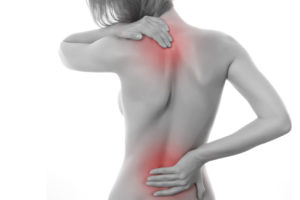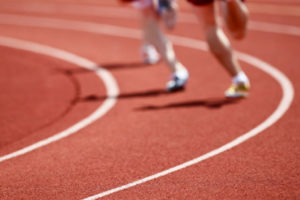It is a complicated subject why we get injured, but we will try a quick summary!
Sporting and domestic injuries can be extremely frustrating and debilitating to normal life. The gap between what we want to be able to achieve and what we can do leads to distress. Sometimes these injuries can disrupt our lives for many months. But why do we get injured?
This is not as simple as just “pulling a muscle” or “spraining a wrist” where some external force exceeds the capacity of the tissue- although this is a significant factor in many cases. The body does not act like a mechanical machine explicitly influenced by the laws of physics- like a car. There are many contributing, even competing, factors, both about the individual and their environment that play a role. Ultimately it is likely an injury will occur if the body lacks the capacity to cope with a combination of stressors. These can be physiological and psychological. Sometimes pain is present when there is no evidence of tissue damage in an area-i.e. a normal hamstring MRI scan. Sometimes athletes or sports people continue to perform at high levels with torn muscle tissue or deficient ACL ligaments and complain of no pain. So how can that be? Pain is the bodies’ decision to limit its own capabilities. To slow you down, stop you from doing “too much”. The body and particularly our brains tell us what it thinks our body can cope with and where to draw the “too much line”.
Sudden changes in training levels are correlated with injuries- seemingly regardless of the overall volume or intensity of the training. So an athlete that reduces their training to rest then suddenly picks it back up again may develop a problem, even if they were just returning to a level of training that was previously normal for them. This would indicate a shock to the body maybe the cause of injury, rather than overtraining or undertraining specifically. This makes sense when viewing the body as keen to maintain a stable state of balance, sudden changes are liable to cause stress and as such a reaction. The body will be more liable to protect itself from harm when presented with the unknown. The body’s soft tissues may not have the chance to adapt to the repeated demands or change the coordination patterns quickly enough to accommodate the shock. The brain will initiate its protective mechanism- pain. It is the body’s way of telling you to reconsider. Now if your brain is feeling under a lot of stress already from other demands such as work, financial, personal it may be more prone to kicking in its protective mechanisms. It is going to slow you down…even if you don’t want it too.
When dealing with people with injuries it doesn’t do them much good to only consider the simple tissue involved or the bit that is sore, we need to look at the whole person and what might be telling them they need to stop!




